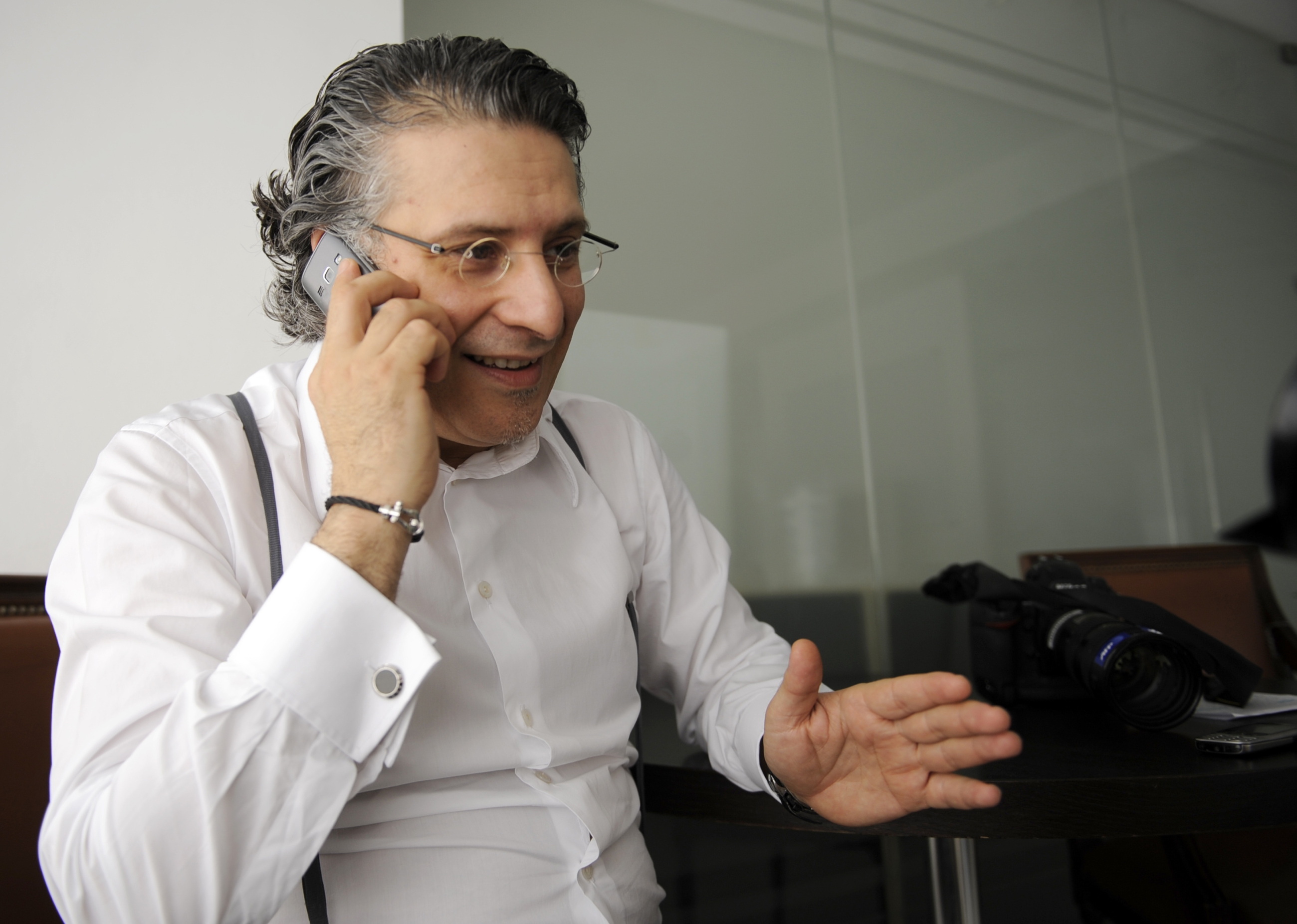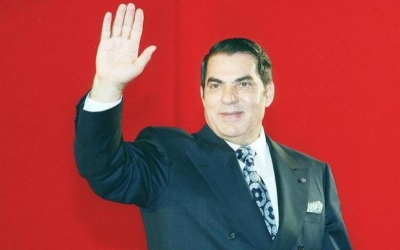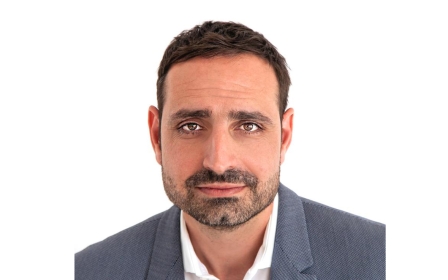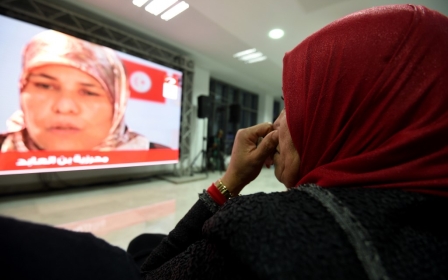Tunisian parliament passes law excluding presidential frontrunner from election

A leading presidential candidate in Tunisia has been banned from running after parliament passed an amendment to the country's electoral law.
Nabil Karoui, a media mogul branded the "Arab Berlusconi" by some, had been shown in some polls to be leading the race to replace outgoing President Beij Caid Essebsi in November.
However, the law passed on Tuesday places new restrictions - which apply retroactively - on the activities that a candidate can carry out prior to the elections, including distributing direct aid to citizens and receiving unfair political publicity.
A statement from Karoui's office condemned the move as "a dangerous sign of the return of dictatorship and retreat from the electoral process".
The mogul, a former Essebsi supporter, announced his decision to run for president on 28 May in a live interview with his broadcaster Nessma TV, playing up his highly publicised charity work.
Karaoui has been accused by regulators and some politicians of using Nessma to bolster his ambitions.
He told Reuters that parliament's action on Tuesday was "a strong setback to nascent democracy".
"It is a law dedicated to my exclusion from the race after polls revealed that millions of Tunisians intend to vote for me," Karoui told the news agency.
He also sent a letter to Tunisian parliamentarians before the vote on Tuesday, HuffPost Maghreb reported, in which he urged them to "hold onto their conscience and be just".
"The international community is watching and history will judge you," the letter reads, according to the news website. "Leave it to the ballot box to decide and don't subject yourselves to these low maneuvers."
Despite his prominence, Karoui had been selling himself as an outsider candidate, citing his lack of previous government experience in an interview with the Times newspaper on Monday.
"All the parties have failed. People want new faces and new offers in different things," he said. "Maybe the best thing is that I don't have experience in ruling."
Essebsi, Tunisia's first democratically elected president, said in April he did not plan to stand for re-election but would make way for someone younger.
Tunisia, whose 2011 revolution toppled longtime autocrat Zine el-Abidine Ben Ali and sparked the "Arab Spring" uprisings, has been hailed as a model of democratisation in the region despite suffering economic woes and militant attacks.
None of the country's main political parties have yet announced their candidates for the presidential polls.
Middle East Eye delivers independent and unrivalled coverage and analysis of the Middle East, North Africa and beyond. To learn more about republishing this content and the associated fees, please fill out this form. More about MEE can be found here.





